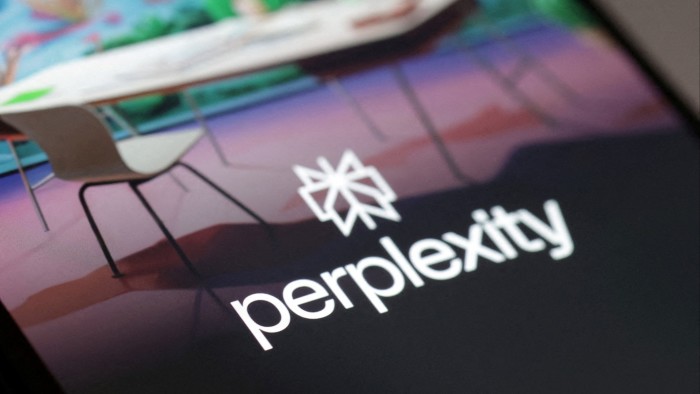Opera Aims to Bring Agentic AI to the World

The Opera Web browser, first introduced 30 years ago, has over its long tenure helped to pioneer features that would later become commonplace among all Web browsers—including tabs, sync, and built-in search. Opera was among the first to introduce a built-in AI assistant (Aria) as well as the ability to use locally running models with its developer version. Now, Opera aims to be the first to offer a new kind of AI agent–based browsing, with a feature calledBrowser Operator.
AI agents are an emerging trend in artificial intelligence, built around AI-powered assistants that perform extended tasks beyond a single query or command-line action. And many tech observers argue agent-based (or “agentic”) AI will be a big deal in the years ahead.
At the company’s Opera Days event last month, Henrik Lexow, director of product marketing technologies, demonstrated the multifaceted versatility of agentic AI. In one demo, he booked a complicated travel itinerary; in another, he ordered flowers to be delivered to an event attendee.
The Opera browser runs on a range of platforms from high-end gaming devices (Opera GX) to low-end phones (Opera Mini). Mini is Opera’s most popular browser, with nearly 70 million monthly active users in Africa alone, and over 1 billion downloads worldwide from the Google Play Store.
The Global Reach of Opera Mini
Launched 20 years ago in 2005, Opera Mini gave users access to the Internet on lower-end consumer devices, especially feature phones. While the low-end phone marketplace today has expanded to include some smartphones, Internet access limitations and throttled data plans of old are still a going concern around the globe. So Opera Mini continues to combine page compression and snapshotting to reduce the requirements of today’s resource-intensive websites. Instead of loading pages directly from the source, Mini has the option of loading them from a snapshot on Opera’s servers, removing excessive JavaScript or video to render the page more manageable over low-data connections.
Despite the different browser variants, each Opera version is built upon the same core engine. Likewise, the range of Opera browsers’ AI engines all contain many of the same components under the hood. For Opera Mini and its user base, this gives access to AI models that typically need a powerful device to run locally, or have high costs to access as a service. With the forthcoming version 2.0, Aria reportedly will prioritize even more the system’s response speed.
“Everyone gets the same experience,” says Tim Leznik, Opera Mini’s product manager. “Where Aria is available in a particular country, there are no limitations imposed in any way, shape, or form.”
However, patterns differ within user groups and within different countries, says Monika Kurczyńska, Opera’s AI R&D lead. For example, browser usage in Brazil and Nigeria from students peaks during the school year, and then drops off again during school holidays—so much so that initially the Opera team were worried that Aria had stopped working in those countries.
“The first time that happened, we were like, my goodness, what’s happened here? Something must have broken,” says Leznik.
Opera’s and Aria’s Many Languages
Aria supports some 50 languages, and for each of these, it provides prompt examples to get users started.
“We’ve got a range of different prompts,” says Leznik. “Those prompts are all the same in the different countries, but they are translated right now. What we know we need to do better is understand that users in Nigeria are using Aria in a different way from users in Indonesia.”
Language support in large language models (LLMs) is inconsistent outside of globally popular languages including English, French, Chinese, and Spanish. Yet, as with prompt examples, an LLM can often translate questions and answers it doesn’t have direct responses to. Kurczyńska, who is Polish, said LLMs treat different languages—and the number of tokens (the building blocks of text that an LLM understands) each language requires—quite differently.
“Different languages act and behave in different ways in LLMs,” says Kurczyńska. “For example, [using] the same sentence with a similar number of characters in Polish and English, the LLM uses more tokens in Polish.”
While work remains to make all features production-ready, bringing agentic browsing to hundreds of millions of Opera users globally, especially those in parts of the world often ignored by larger technology brands, is a mammoth task. Hugging Face, a popular repository of AI models, has nearly 200,000 models that support English, but only 11,000 that support Chinese, and less than 10,000 that support Spanish. In March, in fact, researchers in Singapore introduced what they called Babel, an LLM they claim can support 90 percent of the world’s speakers in a single model.
At Opera, Leznik and Kurczyńska say they plan to tackle the many-language problem through AI feature drops every two weeks, across parallel public-developer and beta versions of the company’s browsers.






